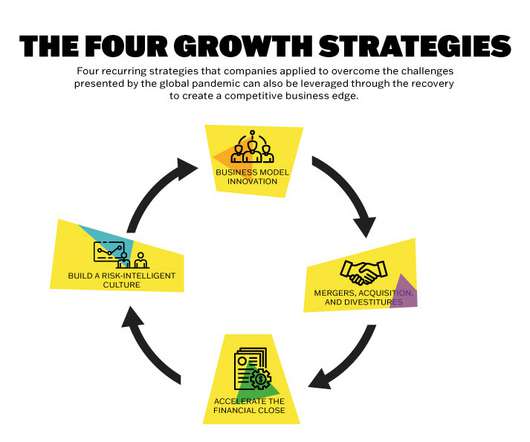Members’ Profile: Anne-Marie de Bruin
CFO Talks
NOVEMBER 21, 2024
First and foremost is financial acumen—understanding financial reporting, budgeting, forecasting, and compliance is foundational. As a CFO, you will need to manage and inspire teams, work with other executives, and communicate financial insights in a way that non-financial stakeholders can easily understand.


















Let's personalize your content